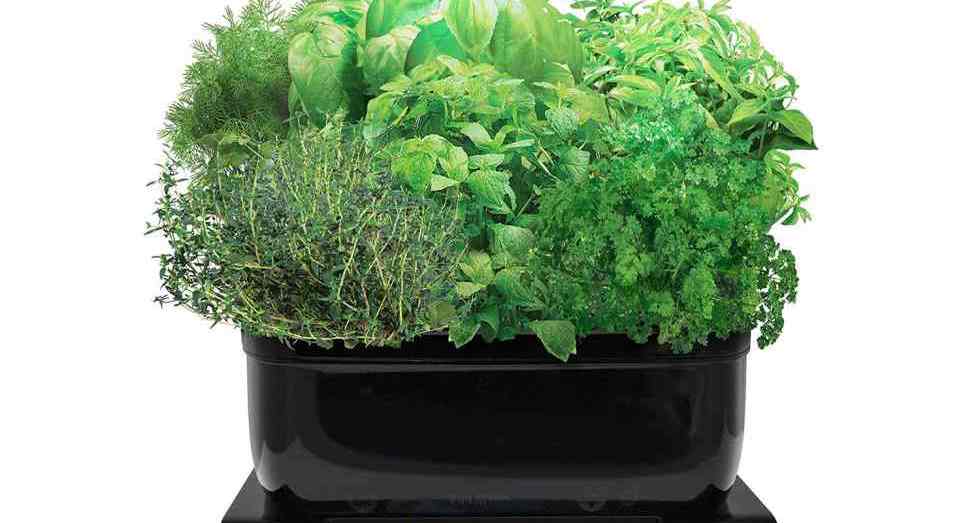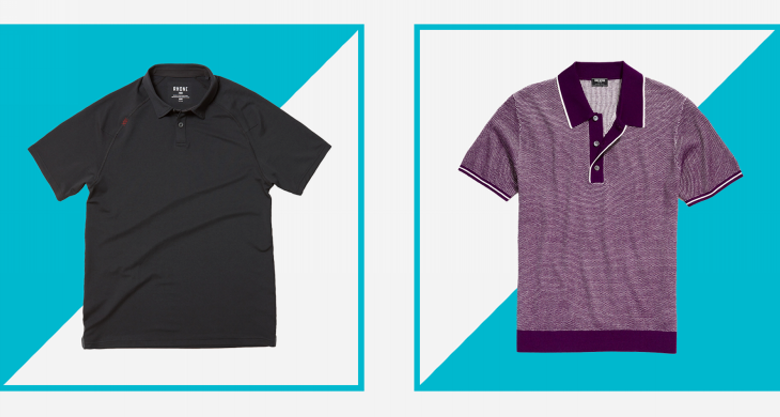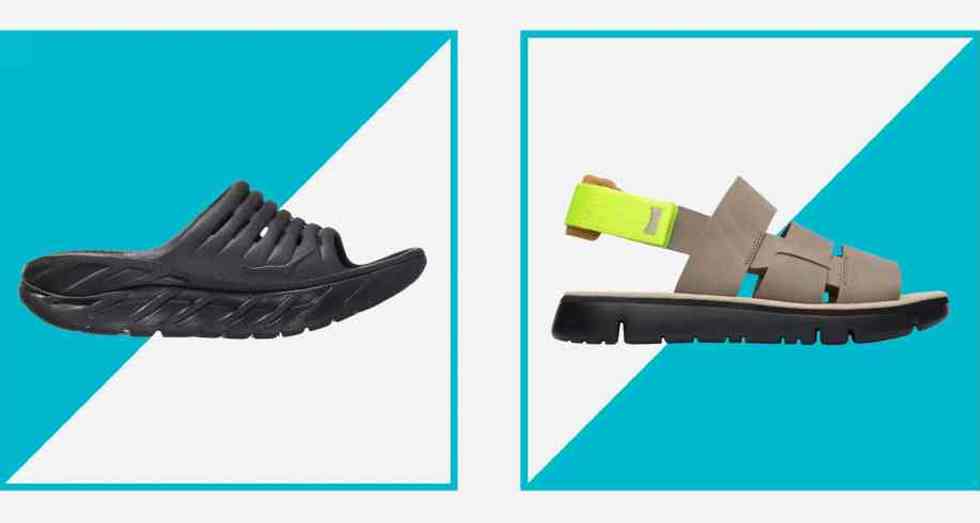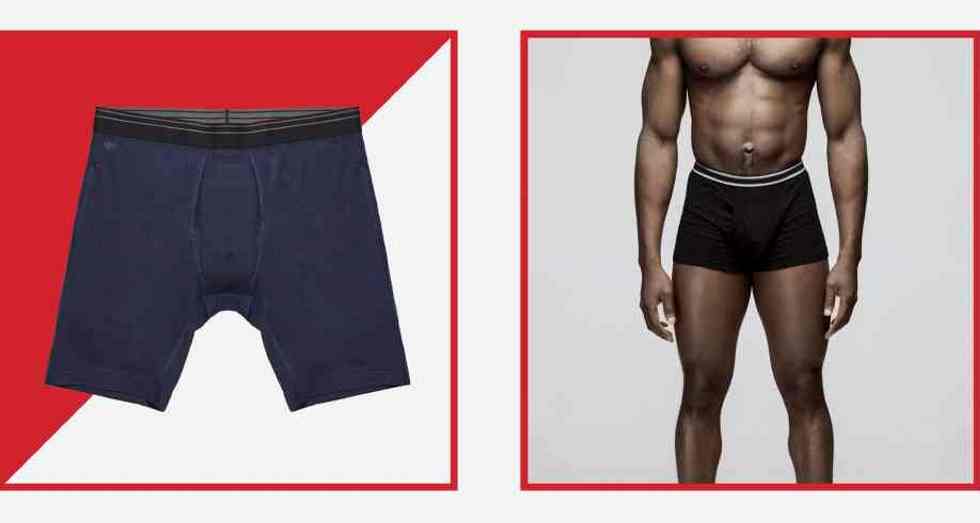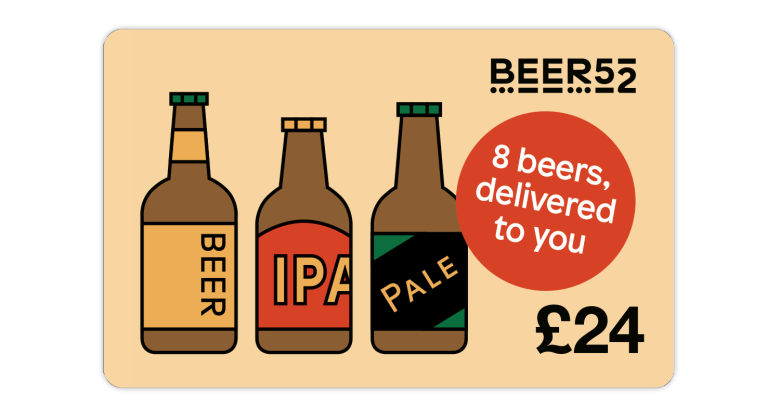Creatine is taken by many athletes and fitness enthusiasts to help improve their sports performance, but can you use creatine for weight loss goals too?
Creatine is a compound that occurs naturally in red meat and fish, so those on a plant-based diet looking to improve their performance at the gym may look at supplementing their diet with creatine. This is because creatine can aid muscle growth, speed up exercise recovery, and even improve brain function.
When taking creatine your muscles are able to handle more exercise, which is crucial when it comes to building new muscle tissue. It also increases water retention within your muscles, giving them a larger appearance. For this reason, creatine isn’t a weight loss supplement and is not generally used for the sole purpose of losing weight. However, since creatine supplements can help to prevent muscle damage and enhance recovery when working out, those looking to spend more time in the gym could benefit from a quicker recovery period.
We spoke with Lily Chapman, a performance coach and nutritionist at P3RFORM (opens in new tab), to find out how creatine works, and why some people may choose to incorporate it into their fitness plan.
What does creatine do?
“Creatine is a natural substance that the body both produces itself and takes from protein-rich foods,” explains Chapman. “It’s used naturally by the body to power our muscles, but scientists discovered how to isolate it and turn it into supplements too.”
About half of the creatine we need comes from our diet, whilst the rest is produced in your liver and kidneys. The addition of creatine supplements, therefore, works by maximising the body’s natural creatine stores, meaning athletes can potentially increase muscle strength and size, phosphocreatine resynthesis, cognitive functioning, and glycogen storage.
Creatine is usually taken in powder form or as capsules, and studies indicate (opens in new tab) that the optimum time to take creatine as a supplement is shortly before or after exercise, as opposed to many hours before or after.
The benefits of creatine include muscle growth, aided exercise recovery, and improved brain function. In addition, creatine supplies energy to your muscles, which could increase performance when performing explosive movements like sprints, heavy lifts, and HIIT workouts.
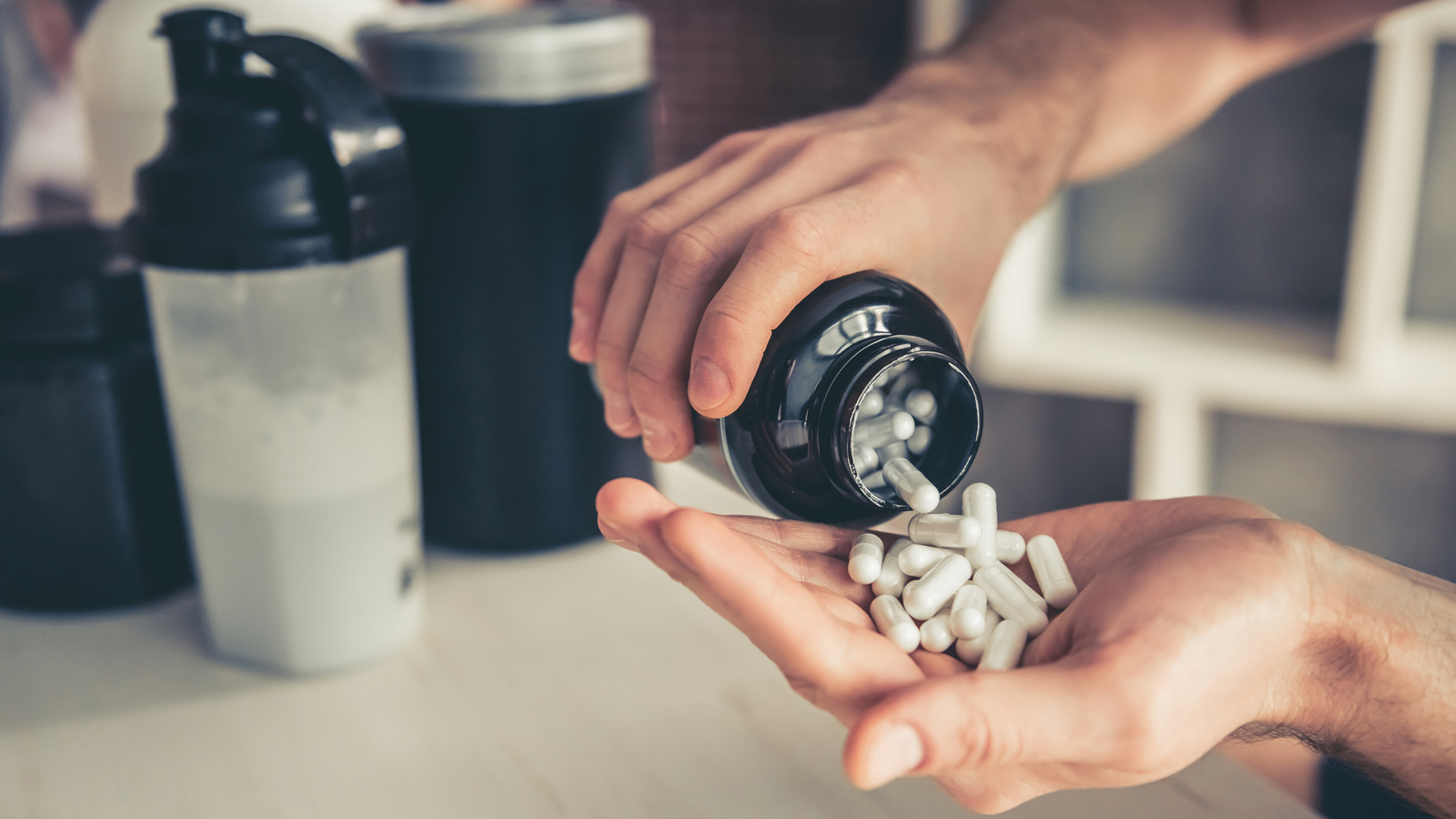
(Image credit: Getty Images)
Does creatine help with weight loss at all?
“Creatine is not a weight-loss supplement and is intended to be used to maximise sports performance rather than as a fat-burner,” explains Chapman. In fact, a side effect of creatine is that it may possibly lead to weight gain – although this is likely due to increased water retention within the muscles.
Those taking creatine solely to lose weight should be cautious. According to the Journal of the International Society of Sports Nutrition (opens in new tab), in the first week of taking oral creatine, some people gain about 2-4.5 lbs. But as we already mentioned, this is mainly due to water retention. Increased muscle mass can also increase your overall weight, although this doesn’t mean an increase in fat. You might, however, notice your body changing slightly in appearance.
On the other hand, if you want to increase your exercise levels to help you lose weight, then creatine may help to maximise your sports performance in order to do that. However, it’s important to remember that creatine itself is not a diet supplement.
Are there health benefits to taking creatine?
Chapman explains how it could be argued that creatine is both a health and performance supplement. “Through maximising muscle strength and size, as well as phosphocreatine resynthesis, creatine may have the ability to improve an individual’s functional strength as they age to maintain the strength within the muscles to support everyday life,” she says.
A review published in Nutrients (opens in new tab) also shows that creatine supplementation can be anti-catabolic, meaning it helps to reduce the breakdown of muscle mass, whilst another review in Experimental gerontology (opens in new tab) found that creatine could improve short term memory in healthy individuals.
Should you use creatine if you are in a calorie deficit?
‘Cutting’ is a term used to describe when bodybuilders reduce their caloric intake in order to strip body fat and reveal lean muscle mass. According to Chapman, it usually follows a period of ‘bulking’ in which the muscle mass is developed by eating in a caloric surplus and doing heavy lifting.
The main goal of cutting is to reduce body fat while maintaining lean muscle. This can be difficult to do as exercise can damage muscle fibres, whilst eating in a caloric deficit can impair recovery. This is where creatine comes in, says Chapman, as it can help to maintain strength and muscle size.
Studies (opens in new tab) have found that creatine can help to improve muscular endurance, meaning someone who is cutting will be able to work out for longer and therefore provide better stimuli for muscle growth.
However, it is important to remember that cutting too fast can stress the body, and cutting in general is usually something that is done by elite bodybuilders, who have worked themselves to a particular point.
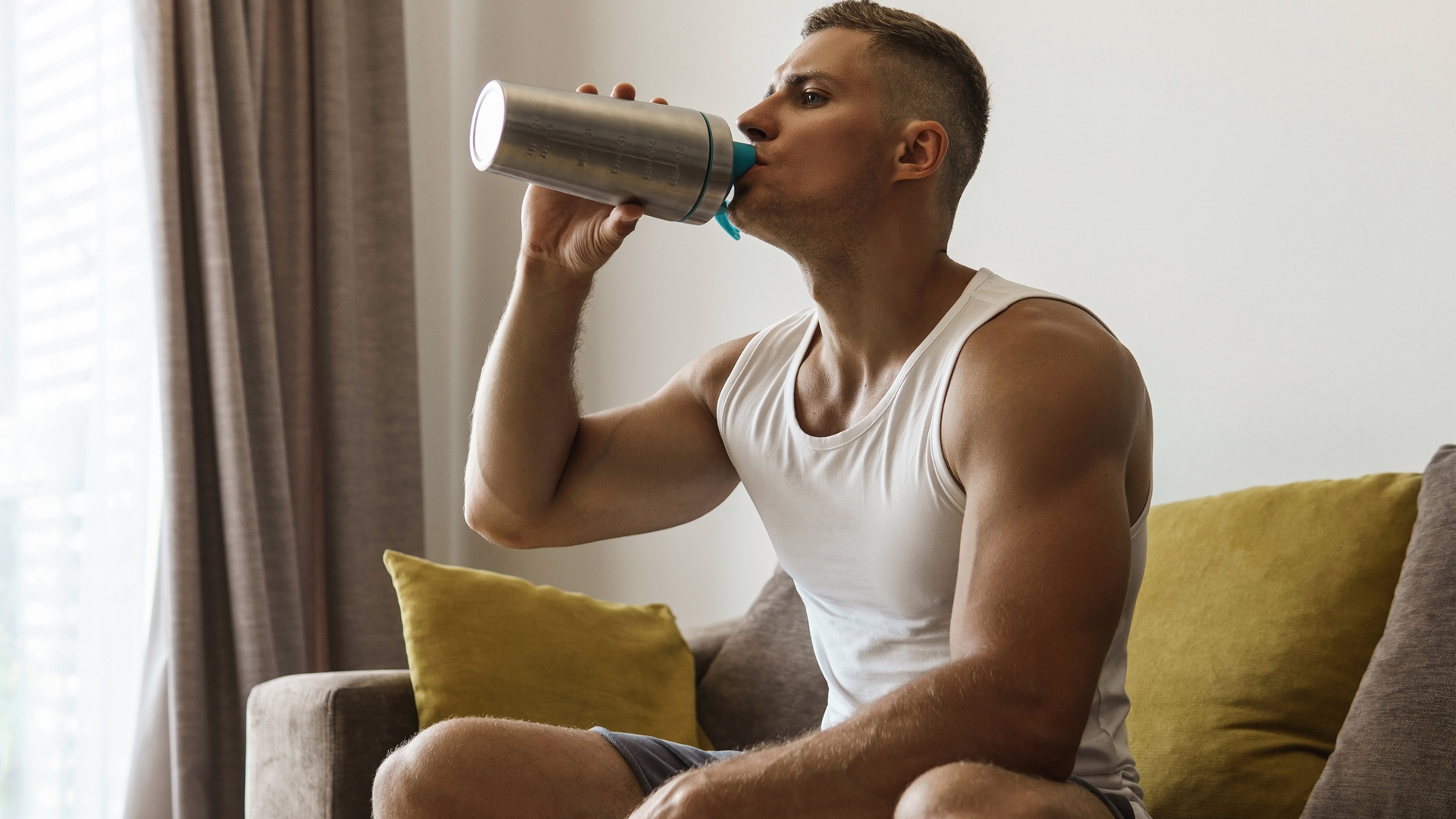
(Image credit: Getty Images)
How much creatine is safe to take?
When deciding how much creatine to take as a supplement, it may be useful to first acknowledge how much you’re producing and getting from your diet naturally, explains Chapman. Most healthy adults will produce between 1-2g of creatine naturally in their body per day. On top of this, studies (opens in new tab) on dietary creatine state that a typical omnivorous diet will provide another 1-2g of creatine per day.
For those looking to really maximise their sporting performance, the best way to take creatine was thought to be via creatine loading – but this has recently been debunked. As long as you are taking small daily doses of creating (around 3-5g), Chapman says this should be sufficient.
Creatine works by drawing water from other parts of the body, so it’s recommended that you drink more water to help prevent dehydration. Check out our guide to the best water bottles for the gym to help you stay hydrated.
Creatine for weight loss: Are there any side effects?
Creatine can promote water retention, which can be disruptive if your primary goal is weight loss. However, this is only really an issue if you are judging your weight loss via a number on a scale. If fat loss is your goal, it shouldn’t be as much of an issue. “Creatine affects our muscles but not our body fat,” explains Chapman.
Creatine is considered safe to use by the International Society of Sports Nutrition, and therefore is widely used by many strength and power athletes.
Some more minor side effects of creatine consumption can include muscle cramps, nausea, intolerance to heat, diarrhoea and dizziness. A doctor should always be consulted if these symptoms persist or worsen.
Like any plan to achieve a personal goal of weight loss, your health and wellbeing should be the top priority. Always make sure to look into the particular supplement you’re interested in trying out, and consult your doctor if you’re taking medication or have concerns. A healthy, balanced diet and regular exercise are the optimum ways to keep your body healthy.



